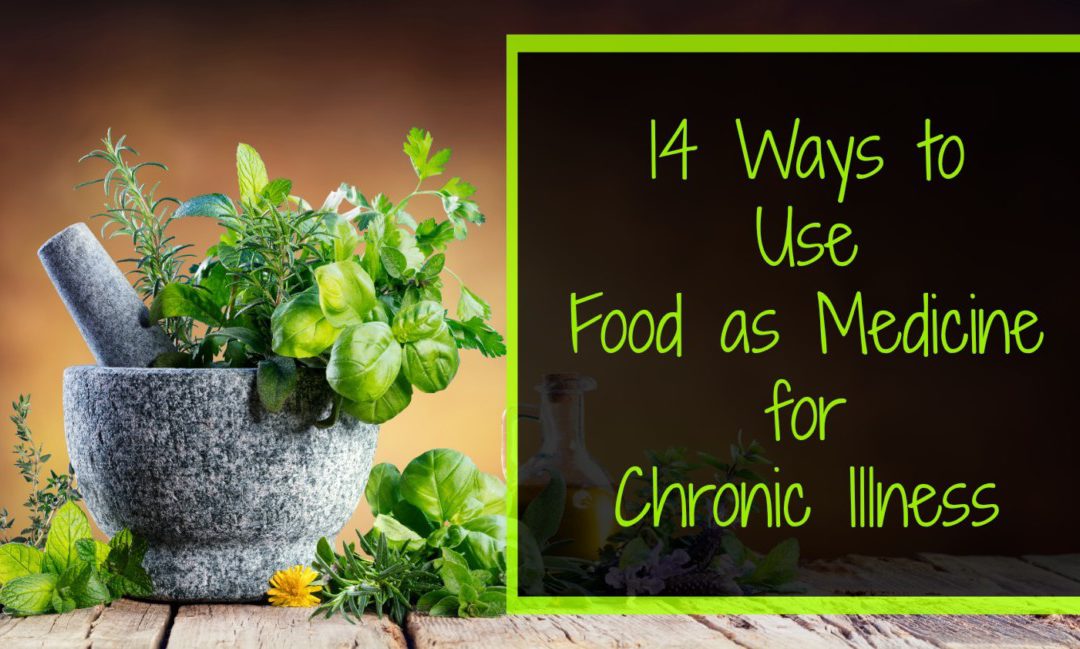
9 Healthy Winter Holiday Eating Tips to Prevent Digestive and Allergy Flares
It can feel difficult to choose healthy foods during the winter holidays when you are facing food sensitivities or other digestive troubles.
Maybe you’ve successfully eliminated some of the big six foods (gluten, dairy, sugar, soy, eggs, and corn) or other foods that trigger symptoms for you, and you’re doing great! Or you’re even rocking a more involved elimination diet, like Autoimmune Paleo. Congratulations!
Or maybe you’re just working on maintaining your weight.
But enter the WINTER HOLIDAYS.
Thanksgiving, the holiday centered around overeating.
And then comes the Christmas season, with it’s parade of company parties, school events, advent calendars, community events, and candy bowls. Solstice, Hanukkah, Christmas, Kwanzaa, and New Year’s (not to mention this author’s birthday!)
Each holiday comes with a lot of opportunities to feel tempted to eat foods you are choosing to avoid for health reasons because, you know, “tradition!” Or, “I don’t want to miss out!” Plus, you might be feeling stressed, overwhelmed, or tired, which always makes it harder to stay the course.
Most of us have been programmed from a very young age to associate celebration with eating with others to celebrate. It can feel empty and lonely to abstain from the treat your grandma makes every year, or eggnog that makes your company Christmas party feel tolerable. These are some of the things that help the season feel special.
So this week, I wanted to share a few tips and tricks I’ve picked up through my years with food sensitivities and digestive challenges to help keep you on track through your winter holidays. So you can come through without symptom flares, weight gain, or any other loss and hit the ground running in the new year.
#1. Reframe Your Holiday Eating Perspective
It’s tempting to descend into sadness or a fear of missing out, or even have a downright tantrum about not getting to have foods you have always loved. During special occasions, you might feel especially sensitive about having to go without what everyone else is enjoying.
In these situations, I coach my clients to return to their why. Why are you making the food and lifestyle choices you’ve made? Maybe it’s because your symptoms are disrupting your job, or your ability to parent, or simply your ability to enjoy something you love.
Remind yourself of what you are working to achieve with your food choices, and especially ask yourself the question, “So I can do WHAT?”
For example, I avoid the foods that don’t work for me because the consequences of eating them result in more uncomfortable time in the bathroom, severe back pain, and a grumpy mood. When I feel this way, I am a grumpy mom, and can’t keep up with everything in my life that needs doing. I choose this way of eating so I can be a competent mom to my beautiful kids, and so I can enjoy time outdoors working in my garden or hiking.
Getting crystal clear on this for yourself, and reminding yourself frequently, can help you stay committed, in spite of feeling the sadness and grief about missing out on sharing certain foods.
#2. Get a Holiday Eating Buddy or Accountability Partner
If you really struggle to stay on track with your food plan, you may have an easier time if you enlist a buddy to go to events with you, or to check in with daily during the holiday season. Together, you can preemptively think about what situations might trigger you to go off plan and think ahead of time about how you would deal with them, and then create a codeword, or alternative action to take when you feel like you want to cheat.
#3. Low-Carb Holiday Eating
So many of the delicious holiday foods you want to eat are high carb: baked goods with included sugar and alcoholic drinks. And the traditional holiday meals are also relatively high-carb. Think of the stuffing, mashed potatoes, cranberry dressing, along with the desserts and drinks. Many people groan about the high fat holiday treats, or think they are blowing their diets by overeating. But ultimately, the extra weight gain that shows up by the end of the holidays likely has to do with all the extra carb helpings and sweets. You know, the cookies, cakes, pies, candy, and so on. And don’t forget the drinks.
If you can simply focus on keeping each meal and snack low-carb, and making sure you get protein, fat, and fiber at each meal, you’ll likely feel more satiated, and you won’t have gained much if anything by the turn of the year. You’ll also keep your blood sugar stable, which will reduce the possibility of bloating, a flare of bacterial overgrowth, or an autoimmune flare.
#4. Minimize Holiday Drinking
Alcohol, though delicious, is nothing more than empty calories that destabilize your blood sugar. This can lead to sudden blood sugar drops, which leads to craving and overeating.
If you really like sipping a beverage with your friends and family, make your own delicious mocktails with bitters, bubbly water, herbs, and 100% fruit juice, or bring sparkling apple cider, like Martinelli’s. Or give these more fancy mocktails a try.
If you can’t don’t want to avoid ALL alcohol, consider following these rules to minimize the effects of alcohol:
- Never drink on an empty stomach
- Drink a glass of water or other non-alcoholic beverage between your drinks
- Limit yourself to 1-2 drinks.
#5. Bring Your Own Healthy Holiday Eating Dessert
If the party is a potluck, offer to bring a dessert, and make something on plan: a gluten free, low sugar, treat, like these Nakayummies, for example, or these Cardamon Thumbprint Cookies, or this Dairy Free Coconut Chocolate Fudge. Then you can both enjoy dessert and not feel left out, but also let people see how delightful it can be to take good care of yourself while you’re at it.
#6. Minimize Holiday Late-Nights
All the holiday parties really can eat into your needed rest time. If you are struggling with digestive or autoimmune health problems, it’s always important to get a good 7-8 hours of sleep.
One reason this is important is because not getting enough sleep reduces the hormone that helps us control our appetite. Have you ever noticed that when you don’t sleep well, you experience more cravings and appetite the next day? In this way, not getting enough sleep can lead to overeating, especially if we use this moment to binge on foods we would be better off avoiding.
Not only that , but in the depth of winter, our bodies naturally want to snuggle in and get more sleep. The days are short, and it can start to feel like a push to keep burning the candle at both ends. Honor your body by making sleep a non-negotiable. Your immune system and brain will thank you.
#7. Continue Your Normal Stress Reduction Plan
More and more, stress has become a normal part of the holidays. There are a lot of extra events to attend, shopping to complete, planning for family visits, or THE family visit itself.
If you have a regular stress reduction routine, like getting a massage, going to yoga or exercise class, or meditation, DON’T stop during the holidays. It’s at this time that you need it more than ever!
If you don’t already have a stress reduction routine, now might be a good time to invite this practice into your life!
#8. Plan Ahead for Healthy Holiday Eating
If you’ll be hosting holiday meals, make sure to plan ahead. Especially if you are new to your diet plan, you may need extra time to adapt your favorite holiday recipes, or to find suitable replacements. You may also need to test out those recipes.
One year, I wanted to adapt the pumpkin pie so I could eat it. I made one a week before Thanksgiving, and boy was I glad I did. The filling came out totally rubbery, and wouldn’t have been very attractive on Thanksgiving day. I was able to adjust the recipe to have it tasting and feeling good in the mouth by the time my aunt, who is a phenomenal cook, tried it.
Planning ahead doesn’t just need to be for food. It’s proactive and empowered to imagine the moments that might be a problem for you, and to create an alternative plan. For example, if you know your mother-in-law doesn’t “get” how gluten can impact your and will offer you Christmas cookies that you will want to eat, it’s often easier to follow through with your intention if you’ve visualized it ahead of time. What will you say? Do yourself the favor of thinking about it ahead of time.
#9. Do Your Holiday Eating at Home (Eat Before You Go), or Bring Your Own
If you know that you’re going to a party where there will lots of tempting foods, eat a full meal before you go, so that you’ll be less hungry and less likely to stand by the cheese and cracker plate or the dessert spread all night.
I often find that I literally can’t eat anything at a party, except maybe some sliced bell peppers or carrot sticks. If I showed up at a party hungry for a meal, I’d likely be in trouble, both mood and energy wise in a hurry. Not all of you will have diets as limited as mine, but I just bring my own food. I pack a dinner, like a lunch, and eat it with all the guests. It’s a little weird, and I do sometimes feel a little awkward letting the host know that I brought my own food. But I’m far more willing to do this than to suffer with painful digestion, back pain, joint pain, or bloating and gas because I was afraid of feeling awkward, or was feeling shy about my diet choices. Wear it proud! You deserve to be well cared for.
These tips are great for navigating the holiday in the short term, but I would like to see you not need to make these adaptations in the future. How are you working to resolve your symptoms so that these modifications aren’t necessary?
Sometimes, you need a little professional support crafting your plan for being out in the world and facing these kinds of challenges. If you’ve had a hard time making meaningful progress with your symptoms, it might be time to get a little help. Download your Roadmap to Recovery, a guide to the 7-step process that can help you create your plan to get to remission or an effective long-term management plan. Or, Schedule your FREE Assessment Session here, and I’ll help you see your next best steps to feel better.
